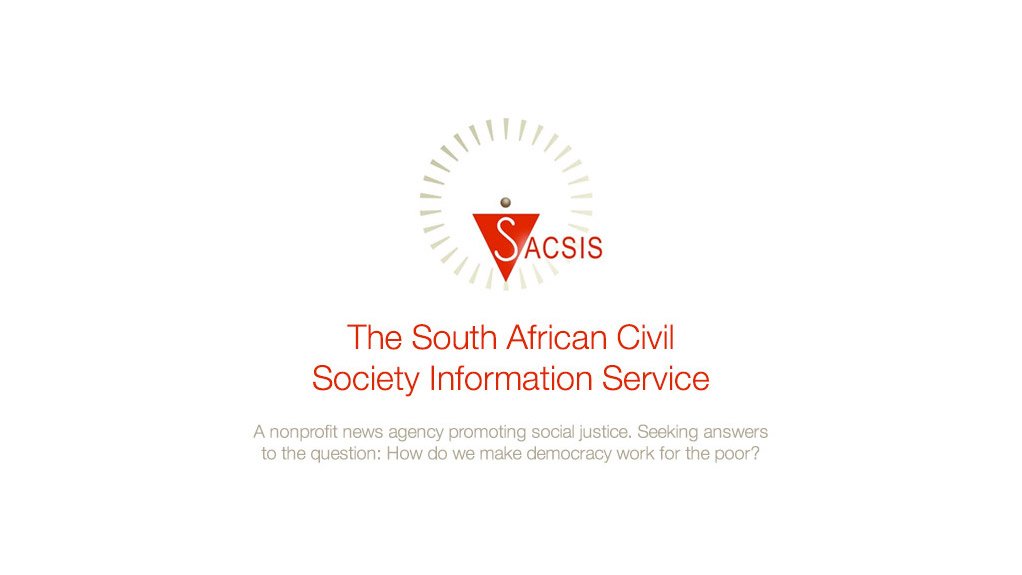On the 7th of January 2015 the Yemenese branch of Al-Qaeda took responsibility for a brutal attack on the French satirical newspaper, Charlie Hebdo. Eleven people were gunned down and a further eleven people were injured. The attackers justified their violent actions because they found the way in which the newspaper depicted the Prophet Mohammed insulting, disrespectful and exemplifying Western carelessness over other people’s beliefs and cultures.
The cruel attack rightly outraged France and on the 11th of February over two million people gathered on the streets of Paris in solidarity against terror and the right to freedom of speech. The slogan “Je suis Charlie” (I am Charlie) spread like wildfire, used by supporters across the world to express the notion that an assault on European press freedom is an assault on the freedoms of Western democracy. The global West understood the massacre at Charlie Hebdo, as a massacre of Western norms and beliefs. An assault on the Western way of being.
While the attack on the staff of Charlie Hebdo was deplorable and inhumane by any acceptable standard and the protests against it humbling and honourable, what the event did reveal, sadly, is France's double standards when it comes to the world outside Europe. “Je suis Charlie” was a campaign directed against the loss of French lives. “Je suis Charlie” was adopted worldwide, amongst the chattering classes, as the emblem to identify with not only French lives lost, but the Western way of being in it's entirety.
The “Je suis Charlie” campaign illuminated the inherent bias in global media. Because the attack happened to privileged, white European people with access to power, class and documented history, it became a global event. The “Je suis Charlie” campaign symbolized the miserable fact that in the world of geopolitics; European and white lives matter more than those of the poor and black.
But murder and killing are wrong and should be prevented regardless of where people live. France rightly condemns the Charlie Hebdo murders, but is willing, in the name of profit, to kill South Africans through environmental pollution. Some (French) lives, apparently, are worth a twitter campaign. Other (African) lives are worthy only of sacrifice to coal boilers.
In South Africa, a thousand protesters will march on the French Consulate in Johannesburg on the 15th of May 2015 against France's plan to build a toxic coal-fired power station in the country. This is a life and death matter. South Africans will be protesting the fact that this French plant will cause premature deaths and contribute to catastrophic climate change.
When push comes to shove, African lives don't matter. While Europe and the United States of America have recognized that burning coal to produce electricity is not only an out-dated technology, but also a dangerous one; France chooses to continue supporting the coal industry in developing nations but considers coal to be too dirty and dangerous for French soil.
The French government owns part of Engie (previously GDF Suez). Engie is planning to build a coal fired-power station in the ecologically fragile region of the Waterberg in Limpopo province in South Africa. A region that is totally unsuited to coal-fired power generation with its total lack of water reserves. Surrounding communities that are already suffering from insufficient water supply to meet their daily basic needs will suffer even more. Water is deemed a basic human right by the United Nations Millennium Development Goals ratified and supported by France. Without water people cannot live. This coal plant will steal water from people and poison the air they breathe -- bullets at least have the mercy of a quick death.
The planned Engie Thabametsi coal-fired power station in the Waterberg region of Limpopo province is what environmental organisation Earthlife Africa Johannesburg calls, “a climate bomb”. South Africa, a developing country, is already the thirteenth highest emitter of greenhouse gases in the world. An achievement that the majority of South African people have not benefited from; but is mostly enjoyed by giant mining corporations in the North. The French government’s investments in the Thabametsi power station will push South Africa's carbon budget over the edge.
French-built Thabametsi will destroy South Africa's climate change mitigation aspirations. Further, Thabametsi will lock South Africa into a prolonged carbon heavy pathway, which will significantly impact the South African way of being; in particular the way of being of the deeply traditional people who live in the area. Traditional richness, according to France and the United Nations Framework Convention on Climate Change (UNFCCC), is an important tool for adapting to climate change. What France does not recognize is that climate change will destroy even the most stable social structures in the South. Further, the Thabametsi power station will be built in an area already deemed a high priority area in terms of air pollution by the South African government, by standards which are low and hardly enforceable, placing South African lives even more at risk.
The great irony is that Engie could save lives, reduce greenhouse gas emissions and help to eradicate poverty in South Africa through investments in South Africa's renewable energy industry. Instead, Engie is seeking profits for France through investing in destructive coal in South Africa.
But, as the Charlie Hebdo campaign showed the world, French lives matter more and those lives that are out of sight, are also out of mind. The French-built Thabametsi power station is an assault on they way of life of the people in the Waterberg; but because these people are poor, black and unemployed, who is listening? The people of the Waterberg are certainly not “Charlie”.
Written by Dominique Doyle, the Energy Policy Officer at Earthlife Africa Johannesburg.
First published by The South African Civil Society Information Service
A nonprofit news agency promoting social justice. Seeking answers to the question:
How do we make democracy work for the poor?
EMAIL THIS ARTICLE SAVE THIS ARTICLE
To subscribe email subscriptions@creamermedia.co.za or click here
To advertise email advertising@creamermedia.co.za or click here











